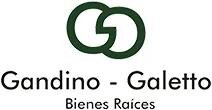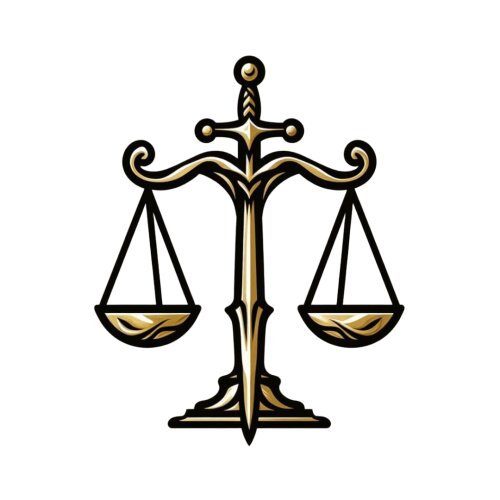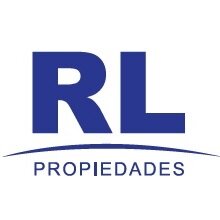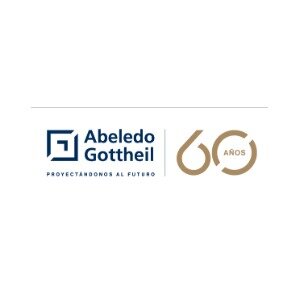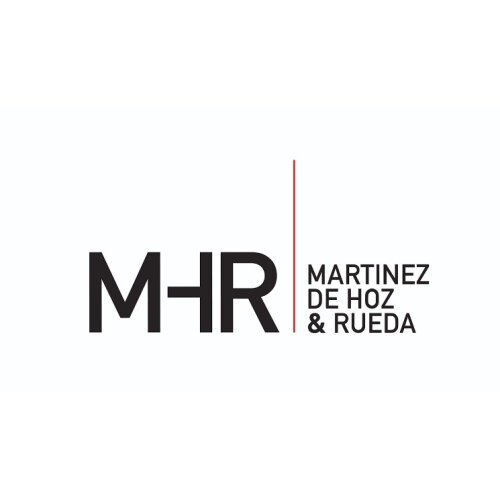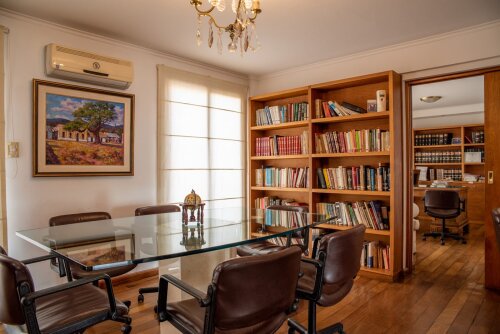Best Conveyancing Lawyers in Argentina
Share your needs with us, get contacted by law firms.
Free. Takes 2 min.
Free Guide to Hiring a Real Estate Lawyer
Or refine your search by selecting a city:
List of the best lawyers in Argentina

About Conveyancing Law in Argentina
Conveyancing in Argentina refers to the legal process required to transfer ownership of property or real estate from one party to another. This process is heavily regulated to ensure proper documentation, compliance with national and provincial laws, and protection of both buyers and sellers. The transfer typically involves a variety of legal steps, including due diligence, contract drafting, execution of deeds, and registration with the relevant land registry. In Argentina, a public notary (escribano público) is a pivotal figure in conveyancing, as all property transactions must be formalized before a qualified notary, who acts as an impartial public official.
Why You May Need a Lawyer
While a public notary is legally required to formalize property transfers in Argentina, many individuals choose to hire a lawyer for additional legal support and protection. Typical situations when legal advice is beneficial include:
- Reviewing and drafting preliminary contracts (Boleto de Compraventa)
- Conducting background checks to verify the status of the property
- Resolving disputes related to boundaries, existing tenants, or inheritance issues
- Assisting with mortgage or loan agreements connected to the property
- Ensuring compliance with local taxes and municipal fees
- Advising foreign buyers on legal requirements and currency regulations
- Ensuring that all aspects of a transfer are transparent and legally binding
Using a lawyer minimizes the risk of errors or fraud, particularly in complex transactions or when parties are unfamiliar with Argentine legal procedures.
Local Laws Overview
Argentine conveyancing is influenced by several key legal frameworks:
- The Argentine Civil and Commercial Code (Código Civil y Comercial de la Nación) sets out the general provisions regarding ownership transfer and contract validity.
- Property sales must be carried out and certified by a public notary, who reviews titles, confirms seller authority, supervises the signing, and registers the deed.
- All property transfers are subject to local taxes, including stamp duty (impuesto de sellos) and the Transfer of Property Tax (impuesto a la transferencia de inmuebles).
- Foreign buyers are permitted to purchase most types of real estate, provided certain regulations on rural land and currency exchange are followed.
- Registration with the land registry (Registro de la Propiedad) is mandatory to formalize ownership rights and make them enforceable against third parties.
- Each province may have additional regulations, so local legal advice is important.
Frequently Asked Questions
What is the role of a public notary (escribano público) in the conveyancing process?
The public notary acts as a neutral public official who ensures the legality of property transactions, drafts the official deed, verifies the property title, confirms seller and buyer identities, and registers the transfer with the land registry.
Do I need to hire a lawyer if I already have a notary?
While a notary is required, hiring a lawyer adds an extra layer of protection by advising solely on your interests, especially in negotiations, contract review, and dispute resolution.
How long does the conveyancing process take in Argentina?
On average, the process can take from a few weeks to several months, depending on the complexity of the transaction and the time to obtain necessary documents and property searches.
Can foreigners buy property in Argentina?
Yes, foreigners can buy most types of property, but some restrictions apply to rural or border land, and foreign buyers must comply with currency and registration regulations.
What taxes and fees are associated with buying property?
Buyers and sellers are commonly responsible for stamp duty, notarial fees, land registry fees, and sometimes value added tax (IVA). Additional municipal or provincial taxes may also apply.
How can I check if a property has debts or liens?
The notary usually conducts a title search and requests certificates from the land registry, tax authorities, and municipality to verify any debts or encumbrances on the property.
What is a Boleto de Compraventa?
This is a preliminary purchase agreement, typically signed before the official deed. It contains the main terms of the sale and often involves a deposit. While not transferring legal ownership, it is binding and enforceable in court.
Is it necessary to be present for the closing?
Presence is generally required, but it is possible to grant a power of attorney to a trusted representative, which must be properly drafted and notarized.
How is property ownership registered?
Ownership is formalized via execution of a public deed before a notary and registered in the appropriate provincial land registry for legal effect against third parties.
What are the risks of not having legal advice?
Without proper legal support, buyers and sellers risk undisclosed debts, unclear titles, invalid contracts, or failure to comply with tax and regulatory obligations, which could lead to future disputes or financial losses.
Additional Resources
If you are seeking more information or assistance with conveyancing in Argentina, the following resources and organizations can be helpful:
- The Argentine Association of Notaries (Colegio de Escribanos de la Nación)
- Provincial Colleges of Notaries (Colegio de Escribanos provinciales)
- The National Registry of Property (Registro Nacional de la Propiedad Inmueble)
- Local municipal offices dealing with property taxes and urban planning
- Argentine Bar Association (Federación Argentina de Colegios de Abogados)
Next Steps
If you are planning to buy or sell property in Argentina, it is important to:
- Consult with a qualified real estate lawyer to understand your rights and obligations.
- Select a reputable public notary who is familiar with the area where the property is located.
- Gather all necessary documents, including proof of identity, title deeds, and tax compliance certificates.
- Ensure thorough due diligence on the property, including confirming there are no debts, liens, or occupancy issues.
- Discuss with your lawyer the best way to handle preliminary contracts and the final deed to protect your interests.
- Prepare for payment of taxes and registration fees in line with applicable laws.
If you encounter any complexities or disputes, do not hesitate to seek specialized legal advice for your particular situation, as property regulations can vary by province and the facts of each case.
Lawzana helps you find the best lawyers and law firms in Argentina through a curated and pre-screened list of qualified legal professionals. Our platform offers rankings and detailed profiles of attorneys and law firms, allowing you to compare based on practice areas, including Conveyancing, experience, and client feedback.
Each profile includes a description of the firm's areas of practice, client reviews, team members and partners, year of establishment, spoken languages, office locations, contact information, social media presence, and any published articles or resources. Most firms on our platform speak English and are experienced in both local and international legal matters.
Get a quote from top-rated law firms in Argentina — quickly, securely, and without unnecessary hassle.
Disclaimer:
The information provided on this page is for general informational purposes only and does not constitute legal advice. While we strive to ensure the accuracy and relevance of the content, legal information may change over time, and interpretations of the law can vary. You should always consult with a qualified legal professional for advice specific to your situation.
We disclaim all liability for actions taken or not taken based on the content of this page. If you believe any information is incorrect or outdated, please contact us, and we will review and update it where appropriate.
Browse conveyancing law firms by city in Argentina
Refine your search by selecting a city.



